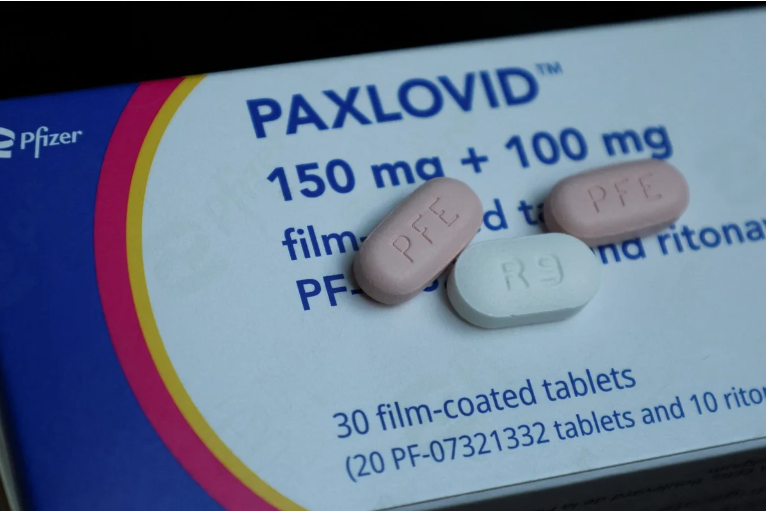The sale of prescription pharmaceuticals threatens Hong Kong’s safety.
The increasing popularity of online shopping has anything and everything at our fingertips Yet the ever-expanding cybermarket can also be a hotbed of illicit transactions and questionable deals.
The revelation that a bottle of laxative from a public hospital was sold on HKTVmall has raised serious questions over drug dispensary and e-commerce oversight.
The controversy came to light on an online forum when a pregnant woman complained that the laxative she had bought on the e-shopping platform carried a label with the names of both a patient and Hong Kong Buddhist Hospital. Confirming the incident that took place in May last year, HKTVmall said the shop in question was suspended and a refund arranged.
The merchant reportedly could not shed further light when asked for valid proof of product supply.
Previously, Covid-19 antiviral pills prescribed by public doctors – Paxlovid and Molnupiravir – were found to be available for sale for as much as HK$5,000 (US$641) in an online marketplace. The latest incident is just as serious.
The Hospital Authority has set the right tone by launching an investigation, adding that any illegal activities would be followed up by law enforcement agencies. Even though lactulose is not a prescribed medication under tight sales restriction, the re-sale of heavily subsidised drugs for profit is unacceptable.
Questions have been raised as to whether patients are given more medication than they need, resulting in excess drugs being resold or passed onto friends and relatives in need. As it is common for public hospitals to prescribe enough drugs to ensure a sufficient supply between appointments, some patients may avoid wastage by giving them away or reselling then, especially painkillers and other common drugs that are taken on a needs basis.
They may not know that there are disposal arrangements for unused drugs offered by the Hospital Authority and NGOs.
It is incumbent on the authorities to ensure that prescribed drugs do not end up for sale without authorisation. The incident also makes a case to strengthen the supervision of online shopping.
At stake is not just consumer protection, but also public safety.













